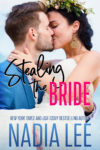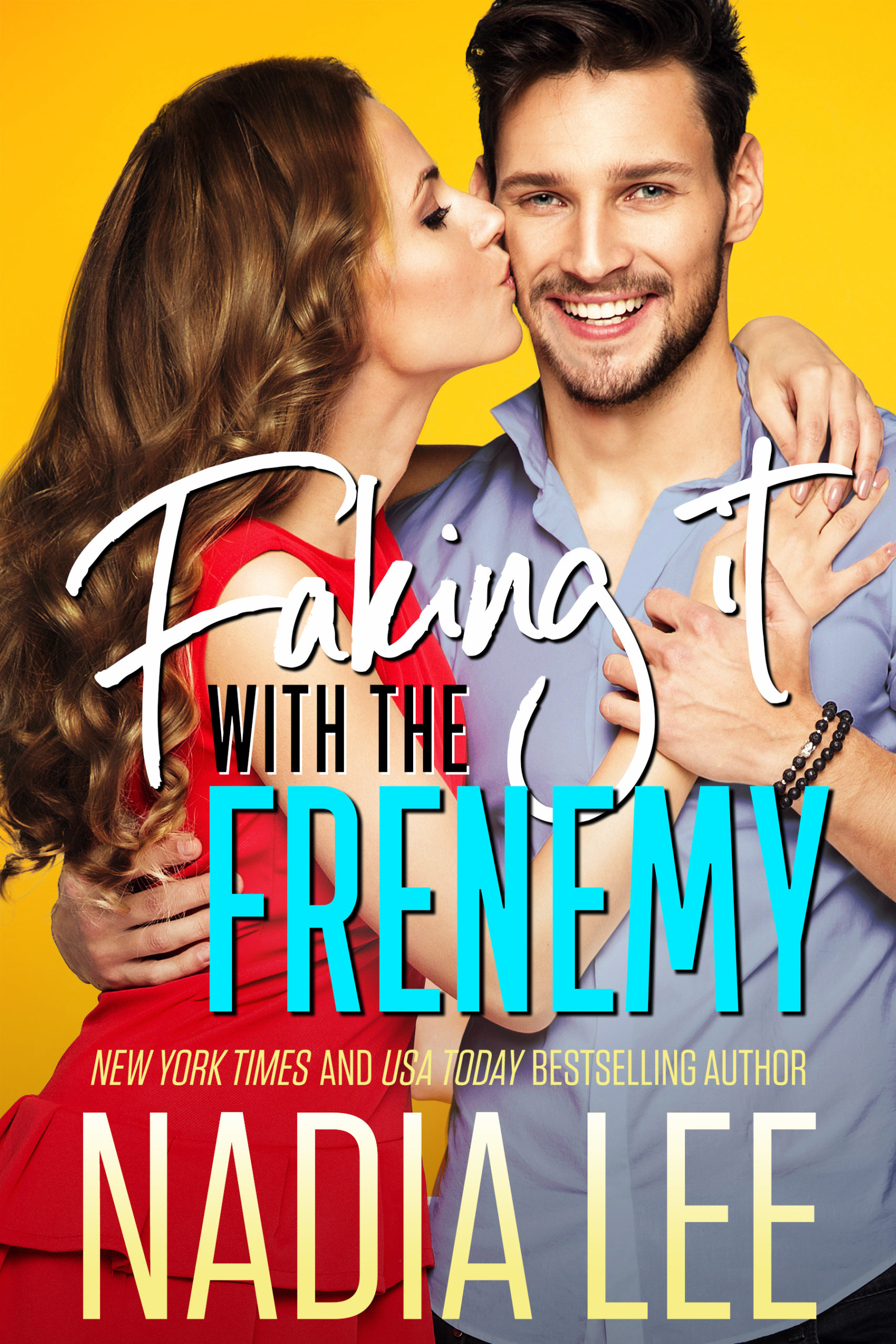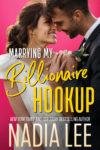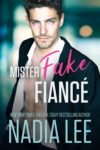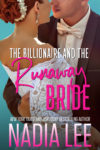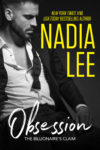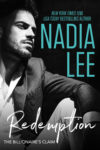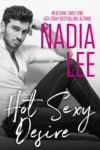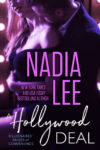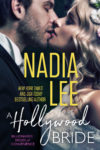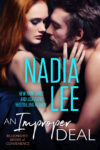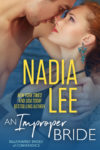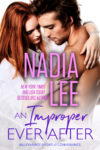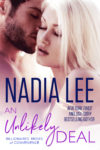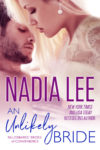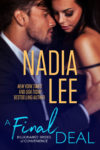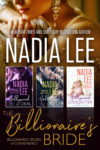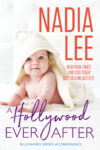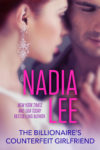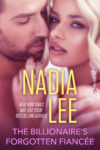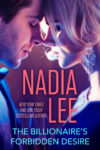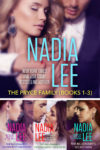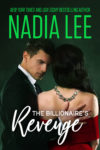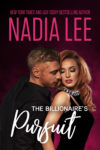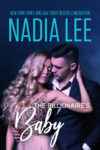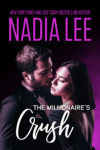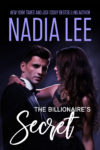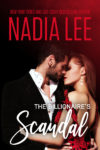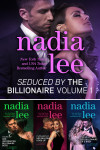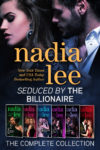12
| Jul 2010 |
Some people have asked me what my rating on Goodreads mean, so here's a quick cheat sheet. (This applies to fiction only.) I also put the baseball analogy in brackets.
![]()
![]()
![]()
![]()
![]() 1 star — Goodreads interprets this as “didn't like it”. I give 1 star to books that had mechanical, character, plot and/or craft issues to a degree serious enough that that I couldn't overlook them. They're obviously DNFs (did not finish). [Out]
1 star — Goodreads interprets this as “didn't like it”. I give 1 star to books that had mechanical, character, plot and/or craft issues to a degree serious enough that that I couldn't overlook them. They're obviously DNFs (did not finish). [Out]
![]()
![]()
![]()
![]()
![]() 2 stars — Goodreads interprets this as “it was okay”. I give 2 stars to books that were just okay. Many books that get 2 stars from me end up being DNFs as well. But others may enjoy the stories I rated 2 stars as they don't have any glaring issues the way 1-star rated books do. [Got on base, but may or may not come home.]
2 stars — Goodreads interprets this as “it was okay”. I give 2 stars to books that were just okay. Many books that get 2 stars from me end up being DNFs as well. But others may enjoy the stories I rated 2 stars as they don't have any glaring issues the way 1-star rated books do. [Got on base, but may or may not come home.]
![]()
![]()
![]()
![]()
![]() 3 stars — Goodreads interprets this as “liked it”. I give 3 stars to books that were enjoyable enough, but that didn't have anything that would've elevated them to something better / more impactful. Basically they're the kind of books that did the job, but didn't do much beyond that. [Got on base, then made it all the way around to come home.]
3 stars — Goodreads interprets this as “liked it”. I give 3 stars to books that were enjoyable enough, but that didn't have anything that would've elevated them to something better / more impactful. Basically they're the kind of books that did the job, but didn't do much beyond that. [Got on base, then made it all the way around to come home.]
![]()
![]()
![]()
![]()
![]() 4 stars — Goodreads interprets this as “really liked it”. I give 4 stars to books that were not only enjoyable but had that special something that elevated them — beautiful prose / style, clever plot twists and/or some other elements that made me go “wow”. [Wooo…some exciting plays, possibly a 1- or 2-run homer.]
4 stars — Goodreads interprets this as “really liked it”. I give 4 stars to books that were not only enjoyable but had that special something that elevated them — beautiful prose / style, clever plot twists and/or some other elements that made me go “wow”. [Wooo…some exciting plays, possibly a 1- or 2-run homer.]
![]()
![]()
![]()
![]()
![]() 5 stars — Goodreads interprets this as “it was amazing”. I give 5 stars to books with stories so well told that they shut off my internal editor. They're virtually flawless. [Grand slam, baby!]
5 stars — Goodreads interprets this as “it was amazing”. I give 5 stars to books with stories so well told that they shut off my internal editor. They're virtually flawless. [Grand slam, baby!]
Please note that individual tastes differ, and my 2-star books could be somebody else's 5-star rated titles. :)
How do you rate the books you read?

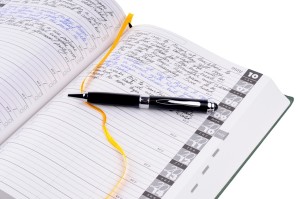 At the end of every year, I feel like I got nothing done with my life, though Hero Material tells me that isn't so. He says I have a very warped idea about what I'm doing most of the time. Obviously our perceptions and reality don't always mesh, but surely there are better / easier ways to keep track.
At the end of every year, I feel like I got nothing done with my life, though Hero Material tells me that isn't so. He says I have a very warped idea about what I'm doing most of the time. Obviously our perceptions and reality don't always mesh, but surely there are better / easier ways to keep track.